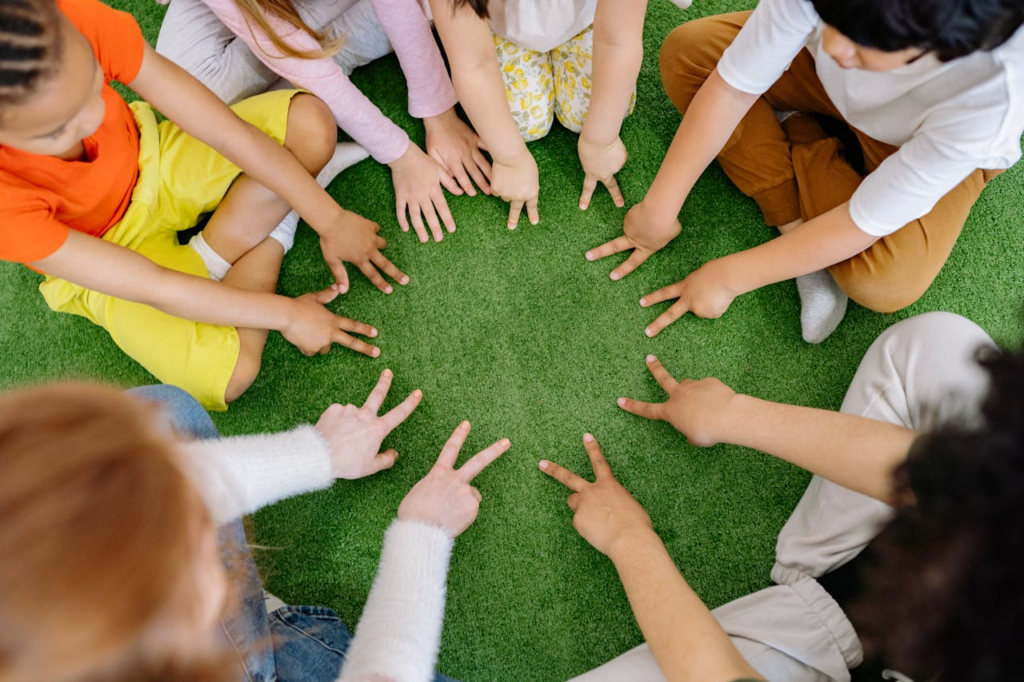Watching children struggle with disappointment can break your heart. When their science project doesn’t work or they lose a game, their tears might make you want to shield them from every setback. However, failure offers children invaluable lessons that success simply cannot teach.
Learning to handle failure at a young age builds resilience, problem-solving skills, and emotional intelligence. You can help children deal with failure effectively by creating a supportive environment where mistakes become stepping stones rather than roadblocks. Read along to learn more!
Model Positive Responses to Your Own Setbacks
Children watch your reactions closely, so always demonstrate healthy coping strategies when you make mistakes. For instance, try talking through your problem-solving process out loud. Say things like, “This didn’t work the way I planned, so I’ll try a different approach.” By displaying a calm response, you’ll teach them that failure is normal and manageable.
Create Safe Spaces for Trial and Error
You must establish environments where children can experiment without fear of judgment. To do this, encourage them to try new activities while emphasizing that mistakes are part of learning. Regardless of the outcome, praise their effort and the courage they used to attempt a challenging task.
Use Hands-On Activities
Collaborative, hands-on activities likebuilding model rockets from scratch can provide excellent examples of productive failure. When rockets don’t launch properly or crash during flight, children naturally feel disappointed, but it’s an opportunity to analyze what went wrong. Perhaps they’ll discover their fins were too small, their fuel mixture was incorrect, or that their weight distribution was off. Instead of another defeat to endure, each failed launch becomes a puzzle to solve.
These engineering challenges teach children that failure provides specific feedback. They learn to ask questions like “What can I change?” and “How can I improve this design?” This mindset transforms setbacks into valuable data points for future success.
Focus on Growth Over Perfection
Celebrate progress rather than just results. When children improve from their previous attempts, acknowledge their growth.
Use phrases like, “You solved that problem differently this time,” or “I noticed you kept trying even when it was difficult.” Over time, your kids should feel more motivated to try new things, even if they don’t end up working out the first time.
Teach Emotional Regulation Skills
Help children name their feelings when facing disappointment and teach them breathing techniques or other calming strategies when they feel stressed.
Plus, always validate their emotions while guiding them toward constructive responses. Feeling upset about failure is only human, so let them know their feelings are completely normal.
Despite your best efforts, failure will always be part of a child’s journey. By following these helpful tips, you can teach children to deal with failure effectively and equip them with lifelong skills for navigating challenges. Your support and perspective shape how they interpret these experiences.

